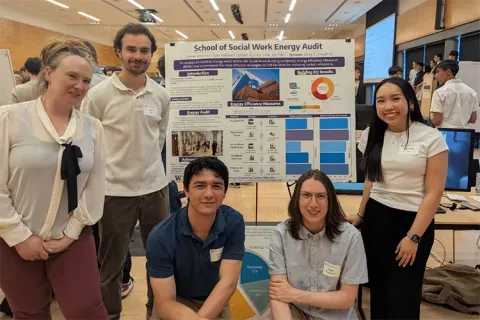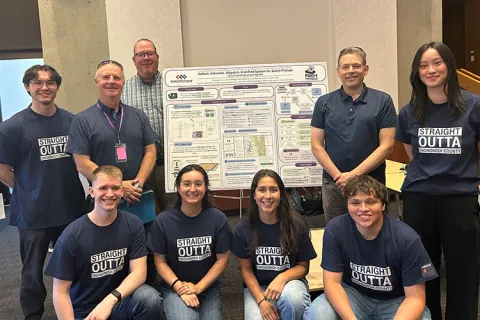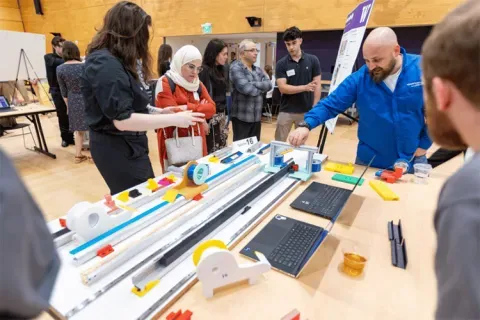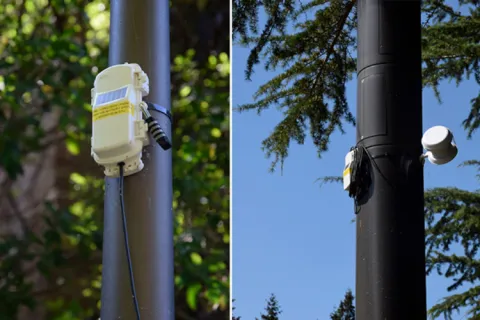UW Housing and Food Services
Emergency Dining Management Plan
In the event of a catastrophic event, UW Housing and Food Services (HFS) maintains a responsibility to feed those living in residence or remaining on campus . HFS’s position is that they have a responsibility to take care of their own population first, then support the campus community. They currently have an agreement in their US Foods and Harbor Wholesale contract that will guarantee the delivery of enough shelf-stable food and beverage to support feeding approximately ten thousand people for a 3-day period. This student team will work to establish an Emergency Dining Management Plan, which defines the logistics of organization, preparations, and distribution of food, based on the availability of the facilities and resources. The plan can assume loss of all power, gas, and water utilities, though other scenarios should be considered. At a minimum, this student team will work to help HFS solve for the following: > Human resources- people to do the work, support teams- clarity of roles and responsibilities > Scale staffing to respond to the event (determine who’s here and/or who can get there to help execute the emergency plan) > Storage of food and water - Solar powered refrigeration? >Distribution of “care-packages” of water and snacks > Determine what viable food service can be executed, inclusive of shelf-stable items (high calorie, nutrient dense) > Disposable wares for service, manual equipment (can openers…etc.) > Food safety/sanitation/wastewater containment (bodily function related) > Emergency supplies outside of food This student team will work to deliver a plan that supports the safe and organized logistics of caring for HFS's resident population and supporting staff in the event of a catastrophe. This student team will work to provide a detailed outline of roles and responsibilities, scaled staffing, food storage and water storage and distribution, viable food service outside of RTE (ready to eat) foods, "base camp" kitchen necessities (disposable wares, can openers, paper goods), sanitation/waste water removal (bodily function), and emergency products outside of food- first aid, flashlights, PPE.
Faculty Adviser(s)
Patty Buchanan, Industrial & Systems Engineering
Related News

Mon, 10/13/2025 | UW Mechanical Engineering
Capstone collaboration leads to award
An ME capstone team received first place for its energy audit of the UW School of Social Work building.

Thu, 07/17/2025
UW engineering students develop smart ballot solution
UW engineering students develop smart technology solution to improve ballot collection for Snohomish County.

Mon, 07/07/2025 | UW Mechanical Engineering
Capstone creations
Students displayed innovative capstone design projects at the 2025 expo.

Fri, 09/20/2024 | UW Civil & Environmental Engineering
Smarter irrigation for a greener UW
A new project combines satellite data with ground sensors to conserve water and create a more sustainable campus environment.